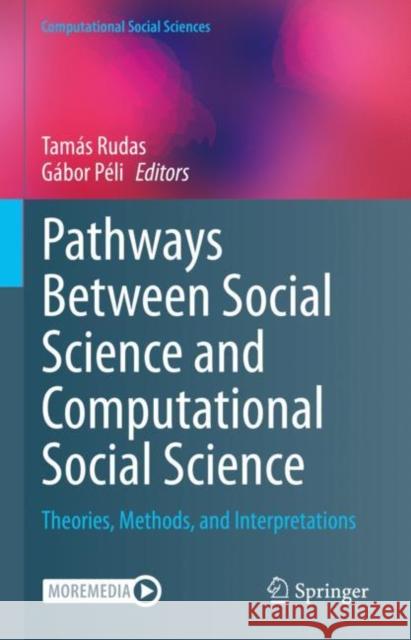Pathways Between Social Science and Computational Social Science: Theories, Methods, and Interpretations » książka
topmenu
Pathways Between Social Science and Computational Social Science: Theories, Methods, and Interpretations
ISBN-13: 9783030549350 / Angielski / Twarda / 2021 / 275 str.
Pathways Between Social Science and Computational Social Science: Theories, Methods, and Interpretations
ISBN-13: 9783030549350 / Angielski / Twarda / 2021 / 275 str.
cena 361,42
(netto: 344,21 VAT: 5%)
Najniższa cena z 30 dni: 346,96
(netto: 344,21 VAT: 5%)
Najniższa cena z 30 dni: 346,96
Termin realizacji zamówienia:
ok. 22 dni roboczych.
ok. 22 dni roboczych.
Darmowa dostawa!
Kategorie:
Kategorie BISAC:
Wydawca:
Springer
Seria wydawnicza:
Język:
Angielski
ISBN-13:
9783030549350
Rok wydania:
2021
Wydanie:
2021
Numer serii:
000471981
Ilość stron:
275
Waga:
0.59 kg
Wymiary:
23.39 x 15.6 x 1.75
Oprawa:
Twarda
Wolumenów:
01
Dodatkowe informacje:
Wydanie ilustrowane











